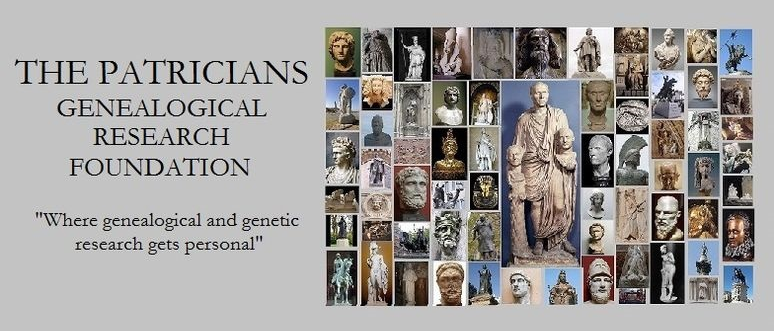




Frisian King Redbad held the historical distinction of being one of the only military commanders to ever defeat Charles Martel (688 – 741) on the battlefield. However, his victory at the Battle of Cologne spurred Martel to eventually defeat him and subjugate the Frisian nation.
As a condition of surrender, Redbad later refused Christian baptism at the final moment of administration by Saint Wulfram of Sens. When the monk was about to bestow the sacrament upon him, he advised him that he would never see his ancestors in the afterlife because they’d all be in Hades. Redbad changed his mind at that instant and told him in response that he’d rather be in Hades with his ancestors than in Heaven with his enemies.
Ironically, Alfbard ( – abt. 786), Redbad’s agnatic grandson, married one of Martel’s daughters.
Saint Radboud (before 850 – 917), Redbad’s descendant, was the bishop of Utrecht from 899 to 917.
Legend has it that Frisians inhabited Frisia since the time of the Flood. They immigrated to Punjab, India as colonists during the 14th century B.C. Alexander the Great of Macedonia (356 – 323 BC) enlisted them as mercenaries when he invaded India. At his urging, they eventually returned to the Friesia soon after Alexander’s death. Adel I Friso became the first dynastic king of Friesland upon their return during the 3rd century B.C. This group may indeed prove to have been the source of the earliest Aryan ethnocultural influence in the ancient Punjab region.
There’s historical and genetic evidence to the effect that Frisians actively participated in the Angle-Saxon-Jute invasion of southern and western England during the 5th century A.D.
Frisian King Finn (fl. ca. 450) is mentioned in both Beowulf and Widsith. Redbad‘s forebear was killed on his land in Frisia by Jute Overlord Hengest (414 -481), later the 1st Jute King of Kent, and his men while attempting to maintain a truce between warring factions of Danes and Jutes. Entitled Finn and Hengest, J.R.R Tolkien’s lecture notes of his study describe the incident and were published as a book after his death.
Wilhelm II von Holland (1227 – 1256), Redbad’s agnatic descendant, reigned as Holy Roman Emperor from 1247 until his death.
Redbad or Radbot “The Pagan”, 9th Duke/King of Frisland
Birth 670 in Egmond-Binnen, Egmond, Noord-Holland, Netherlands
Death 719 in Friseland, Netherlands
Ancestry.com citation/Lineages
38th great-grandfather VERE-MANDEVILLE-LACY-SEGRAVE-MOWBRAY-GREY-OGLE-HERON-COLLINGWOOD-COLLINS
39th great-grandfather MOWBRAY-HOWARD-TRIPP-OUTWATER-COLLINS
Geni son Poppon I ( – aft. 734)
The Patricians, A Genealogical Study – Ebook Editions (Epub, PDF & Kindle) US$5.95


Steven Wood Collins (1952 – ) Antiquarian, Genealogist, Novelist

